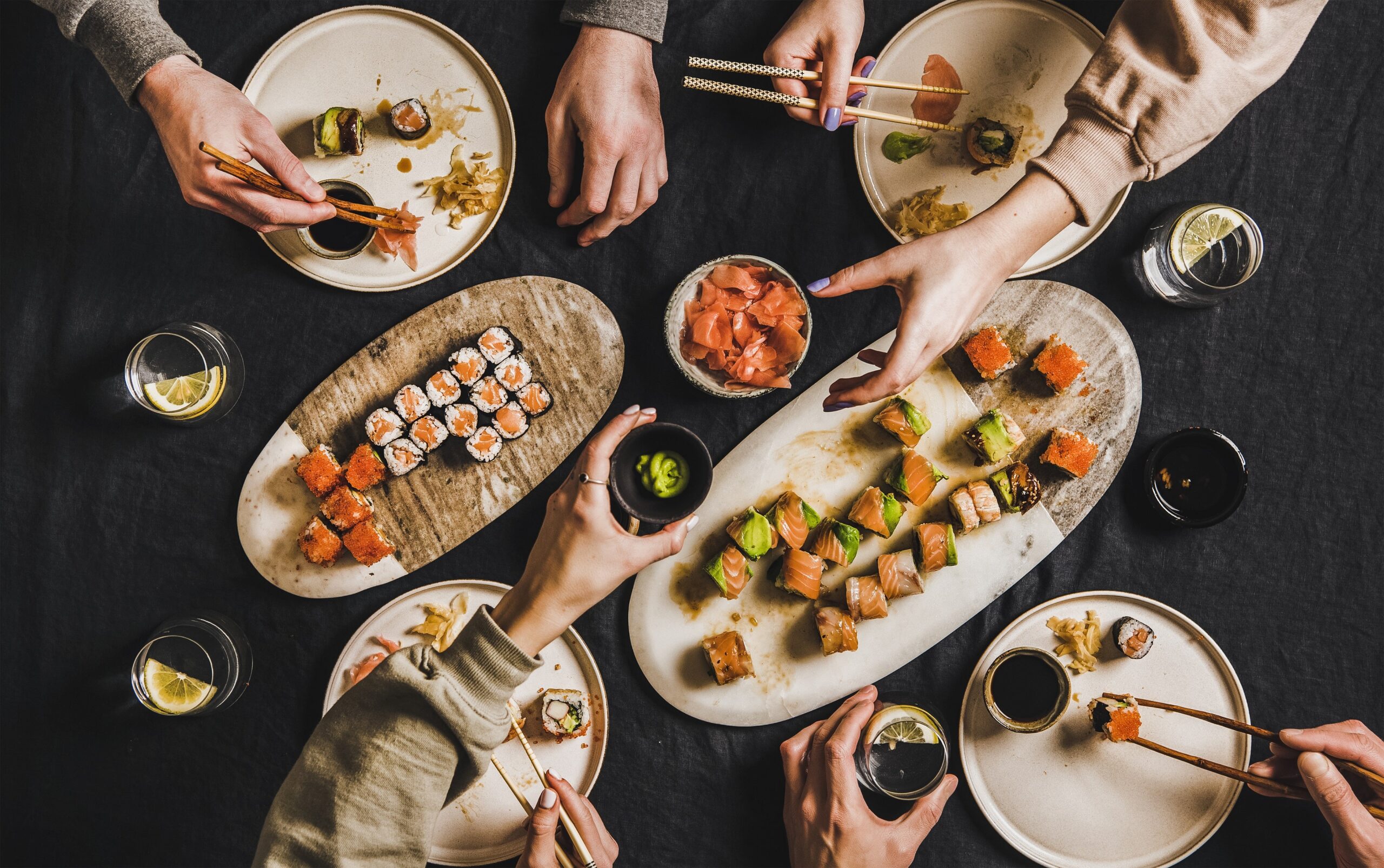Eating a healthy, varied, and balanced diet is really important, as it helps us get all the important nutrients our bodies need.
There’s a long list of vitamins and minerals that should feature in our daily diet, and each is important in its own way. In this particular guide, we’ll be talking about zinc, its benefits, and how you can get more into your diet.
What does zinc do for the body?
Zinc is a metallic element that does lots of important things around the body. It helps to make new cells and enzymes, and plays an important role in processing the nutrients in our food. It’s also essential for normal growth and development .
Another benefit of zinc is that it helps our immune system function properly, and plays a role in wound healing. Zinc also helps with good eyesight.
What happens if I don’t get enough zinc?
If you don’t get enough zinc in your diet, or if you have a condition that prevents your body from absorbing zinc, you may end up with a zinc deficiency.
The symptoms of a zinc deficiency in adults include:
- Loss of appetite
- Weight loss
- Diarrhoea
- Getting sick more often
- Lack of energy
- Hair loss
- Skin rashes
- Erectile dysfunction
A lack of zinc during childhood and adolescence can also be a problem. It may cause growth problems, delay puberty, or even lead to the development of learning difficulties.
How much zinc do I need each day?
The NHS recommends that adult men should have 9.5 milligrams (mg) and adult women should have 7 milligrams (mg) of zinc each day. The good news is, if you eat a healthy and balanced diet, your daily meals should include all the zinc you need.
What are some good sources of zinc?
Zinc is found in lots of different foods, so it shouldn’t be hard to incorporate it into your diet, even if you’re vegetarian or vegan.
Non-vegan sources of zinc
Zinc is found in lots of different animal products, including:
- Red meat like beef, pork, and lamb
- Chicken and other types of poultry
- Seafood and shellfish like oysters, crab, and lobster
- Dairy products like milk, yoghurt, and cheese
The NHS advises that red meat is fine to have in your diet every now and then, but that you should try to get your protein from pulses, fish, eggs, and leaner meats. When you do have red meat, opt for low-fat options e.g. 5% rather than 20% fat mince. Find out more by reading the Eatwell Guide.
Vegan sources of zinc
If you don’t eat animal products, you should still be able to get all the zinc you need from the following foods:
- Nuts
- Wholegrain cereals (e.g. wholegrain bread)
- Pulses like beans, lentils, and peas
- Spinach
- Fortified breakfast cereals
Zinc aside, it’s a great idea to have these foods in your diet, as they are packed with fibre, protein, and important nutrients.
Zinc supplements
If you don’t think you’re getting all the zinc you need in your diet, you can try taking zinc supplements. The NHS recommends that it’s safe to do this, provided you don’t take more than 25 milligrams (mg) each day.
Zinc supplements are widely available from pharmacies and health food shops, and usually come as tablets, capsules, lozenges, or chews.
##product-carousel:nutri-within-40mg-zinc-365-tablets,natures-bounty-maximum-strength-zinc-25-mg-tablets,nutri-within-multivitamins-and-minerals-365-tablets,lloydspharmacy-zinc-15mg-60-tablets,natures-bounty-vitamin-c-zinc-sugar-free-gummies,healthspan-immunovit-zinc-defence-lozenges-x-45,natures-bounty-calcium-magnesium-and-zinc-coated-caplets,ellactiva-boost™-defence-blackcurrant-burst-60-soft-capsules##
What happens if I have too much zinc?
If you take too many supplements (i.e. more than 25 milligrams each day) you may end up with an excess of zinc.
Symptoms include:
- Abdominal pain
- Diarrhoea
- Nausea and vomiting
- Headaches
- Dizziness
- Feeling very tired
A zinc excess can be dangerous as it can affect the levels of other elements in your body, like iron and magnesium. Because of this, too much zinc can lead to conditions like iron deficiency anaemia.
Browse zinc supplements
If you’d like to learn more about zinc, browse our range of supplements today. We stock a variety of tablets, capsules, and chews, some of which are combined with other essential vitamins like calcium and vitamin C.
References
www.nhs.uk/conditions/vitamins-and-minerals/others
https://patient.info/doctor/zinc-deficiency-excess-and-supplementation-pro
https://patient.info/healthy-living/zinc-deficiency-excess-and-supplementation-leaflet

Leave a Reply